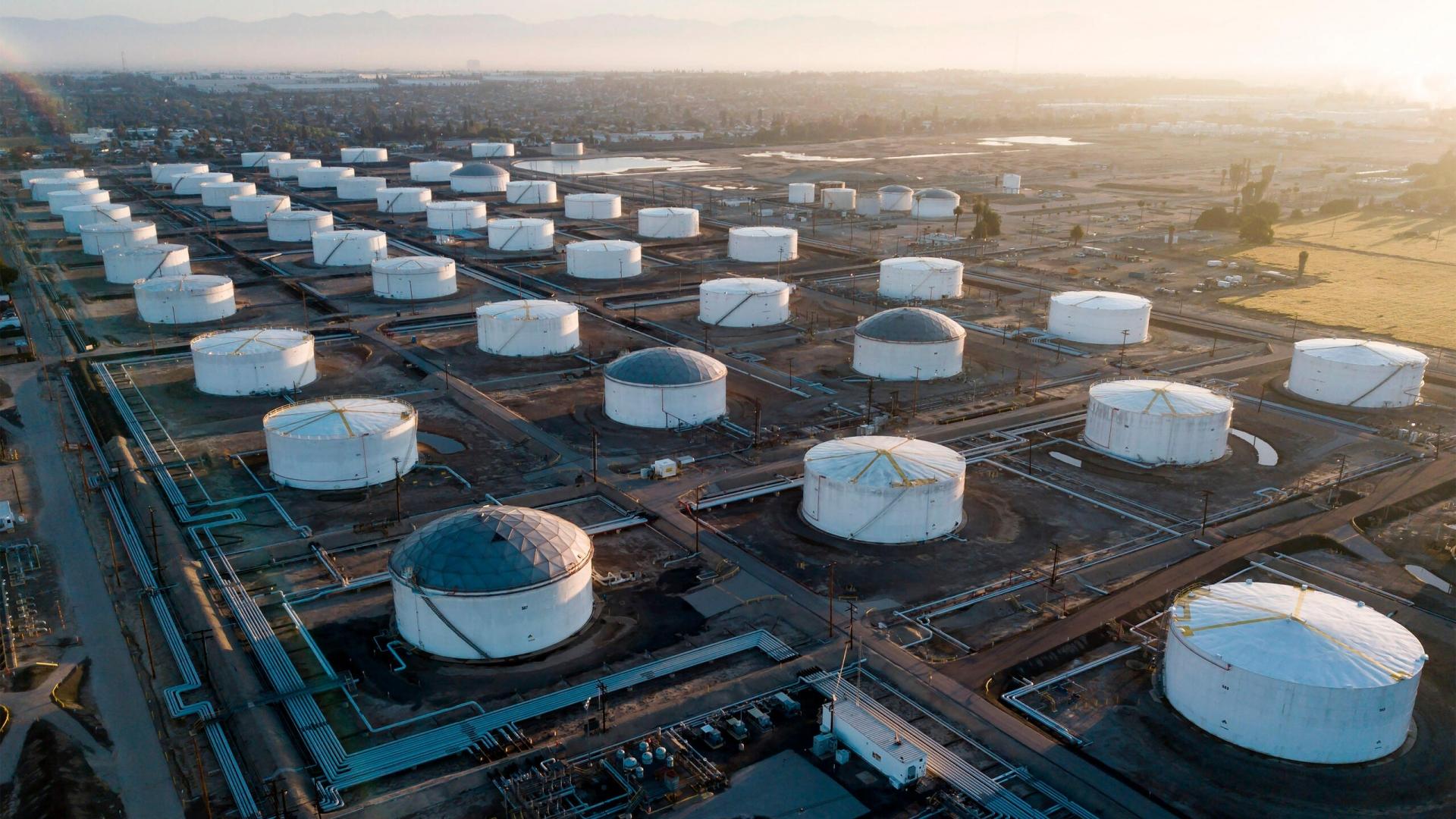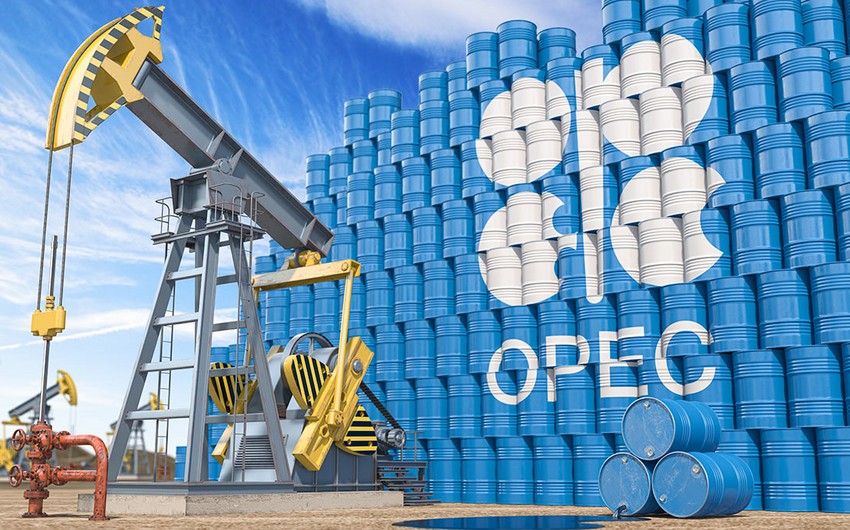OPEC’s estimates that global energy demand will increase by 23% to 2045, OPEC Secretary General Haitham Al Ghais said, according to Report.
"Oil demand is projected to increase to around 110 million barrels a day (mb/d). Thus, it is clear that oil will continue to be an essential part of the global energy infrastructure for decades to come. This is in stark contrast to the many proclamations of past decades that the age of oil was over. Indeed, contemporary demand is close to an all-time high and will rise by close to 5 mb/d in 2023 and 2024," the OPEC chief said.
He believes that no single form of energy can currently meet expected future energy demand; instead, an "all-peoples, all-fuels and all-technologies" approach is required.
"As such, OPEC member countries are ready, willing and able to provide the aQordable energy needed to cater towards these future energy needs, all the while reducing their emissions and helping eradicate energy poverty in doing so," the OPEC chief said.
The UN notes that more than 700 million people still lack access to electricity and almost one-third of the global population uses inefficient, polluting cooking systems. Daily life is not about cars, laptops or air conditioning for these people; it is about basic access to heat and electricity.
The World Energy Report for 2022, published by the UK-based Energy Institute and consulting 6rms KPMG and Kearney, noted that fossil fuels constituted 82% of global energy in 2022. This is comparable to OPEC’s latest world oil outlook and represents a similar level to 30 years ago.

"Why then do most energy transition debates disregard the critical role that commodities like oil and gas continue to play in improving lives, fostering stability and energy security, as well as related industries’ eQorts to develop technologies and best practices to reduce emissions? The scale of the climate change challenge is daunting, but meeting the world’s rising energy demand and mitigating climate change do not have to exist in a vacuum or be at odds with each other.
"Rather, the world should act to reduce emissions and ensure that people have access to the products and services they need to live comfortably. Towards these goals, OPEC members are investing in upstream and downstream capacities, mobilizing cleaner technologies and deploying vast expertise to decarbonize the oil industry. Major investments are also being made in renewables and hydrogen capacity, carbon capture utilization and storage — as well as in promoting the circular carbon economy.
"The bottom line is that it is possible to invest heavily in renewables while continuing to produce the oil the world needs today and in the coming decades. This approach also contributes to global stability at a time of volatility and is critical given that history shows that energy transitions evolve over decades and take many paths.
"Take electric vehicles: Although the Toyota Prius became the world’s 6rst mass-produced hybrid vehicle in the late 1990s, an analysis from the US National Automobile Dealers Association noted that sales of hybrids, plug-in hybrids and battery electric vehicles (BEV) accounted for only 12.3% of all new vehicles sold in the US in 2022," the OPEC chief said.

He noted that while the rising popularity of electric vehicles is indisputable, total sales of BEVS also made up only 19% of new car sales in China last year.
"Similarly, in the EU, vehicles using petrol or diesel still accounted for around half of all car sales in 2022.
"Thus, when it comes to the transportation sector – and indeed many other 6elds – it is clear that it would not be prudent to ignore that billions of people across the globe rely on oil and will continue to do so for the foreseeable future.
"This becomes even more pressing when coupled with the investment needed to meet the rising demand for energy, ensure energy security and aQordable access, and lower global emissions in line with the Paris Agreement," the OPEC chief said.
According to him, the world’s population is growing. OPEC’s World Oil Outlook (WOO) for 2022 sees it increasing by 1.6 billion people through 2045, while United Nations statistics note growth to around 10.4 billion by 2100.


 https://static.report.az/photo/e3d590d1-734f-30a9-a3a9-f9e4912bafe2.jpg
https://static.report.az/photo/e3d590d1-734f-30a9-a3a9-f9e4912bafe2.jpg

